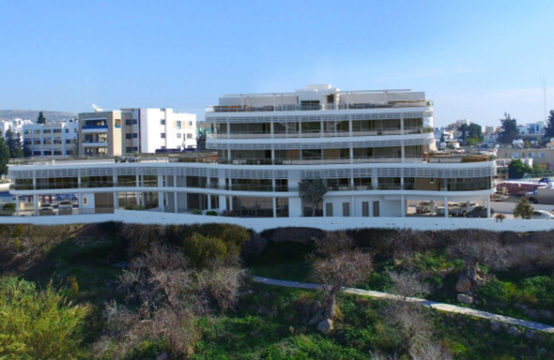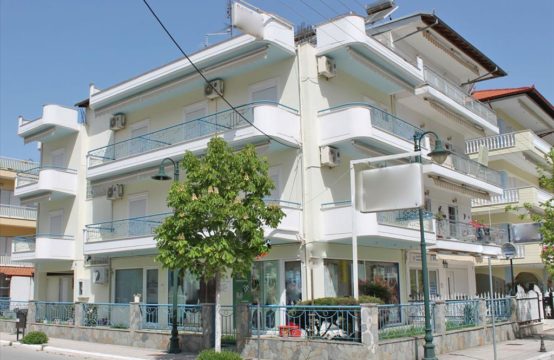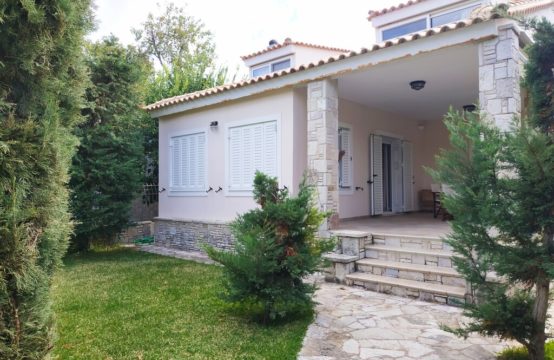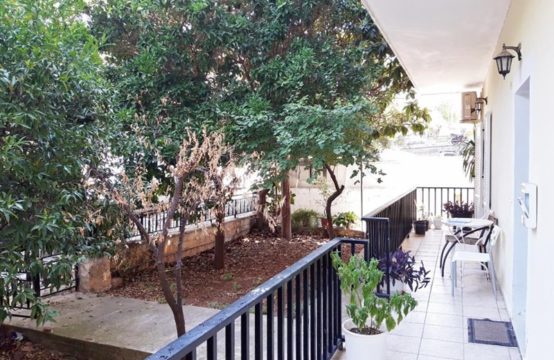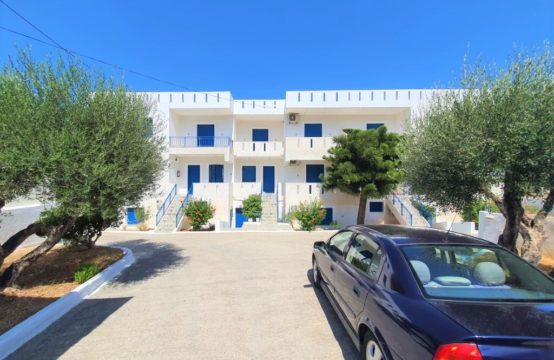Find your place under the Greek sun
Choose from 12000 properties, especially selected to suit your needs
Get started•
Find your place under the Greek sun
Real estate
Our mission
We are here to provide you with premium real estate services
Save money
M Properties Real Estate provides real estate services:
– Sale and rent of housing properties
– Sale and rent of commercial properties
– Building, development, design, investment projects
– Properties management
– Consultancy and law services
– Assistance for applying for bank loans
– Assistance for getting a visa, residence permit and other
– Sales of businesses
– Assistance in every stage of purchase of a real estate
– Real estate tours
– Sale and rent of housing properties
– Sale and rent of commercial properties
– Building, development, design, investment projects
– Properties management
– Consultancy and law services
– Assistance for applying for bank loans
– Assistance for getting a visa, residence permit and other
– Sales of businesses
– Assistance in every stage of purchase of a real estate
– Real estate tours
Good sales & marketing
The company offers mainly properties for sale and rent throughout whole Greece. We also offer properties in Bulgaria and some other contries.
Our main office is in Thessaloniki, Greece, but we also have offices in many other parts in Greece, in Bulgaria and Cyprus and in cooperation with our partners in Russia, Ukraine and other European countries.
Comfort
We offer all types of properties – houses, villas, land, apartments, investment properties, vacational properties and other.
We also offer our services to every owner of a property who wants to sell his/her property with us!
We also offer our services to every owner of a property who wants to sell his/her property with us!
EASY TO FIND
If you can not find a property that you are looking for in our data base send us information of the wished property and we will find it for you! Our goal is to find a property for each of our clients!
NEWS AND BLOG
Greece is opening the 2022 tourist season in March
In 2022, Greece will receive the first tourists in March. In order for the record opening of the season to take place, since the beginning…
Read more
Greece reduces ENFIA for property owners
Property owners in Greece are waiting for an easing of the tax burden, which, according to the government, should have a positive effect on the…
Read more
The Greek island Alonnisos is acknowledged as one of the best resorts of eco-tourism in the world
Alonnisos, one of the islands of the Archipelagos of North Sporades, has reached the eight top destinations in the world, where the main principal of…
Read more


